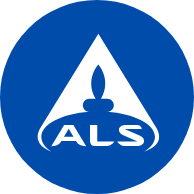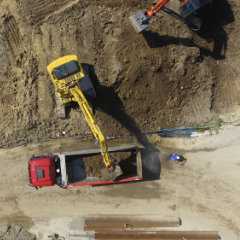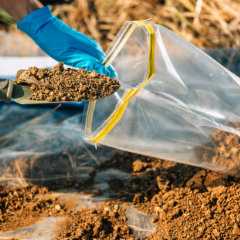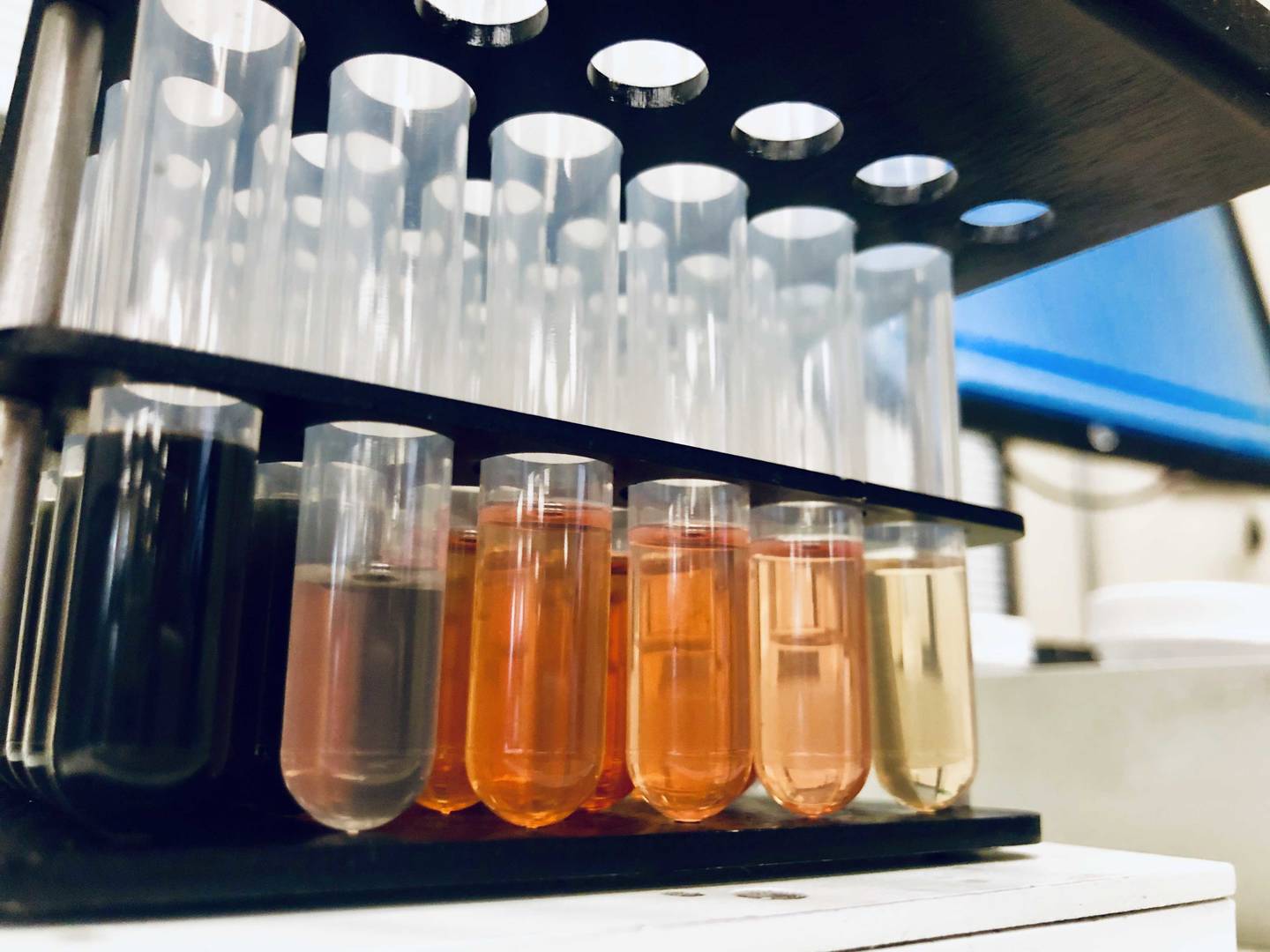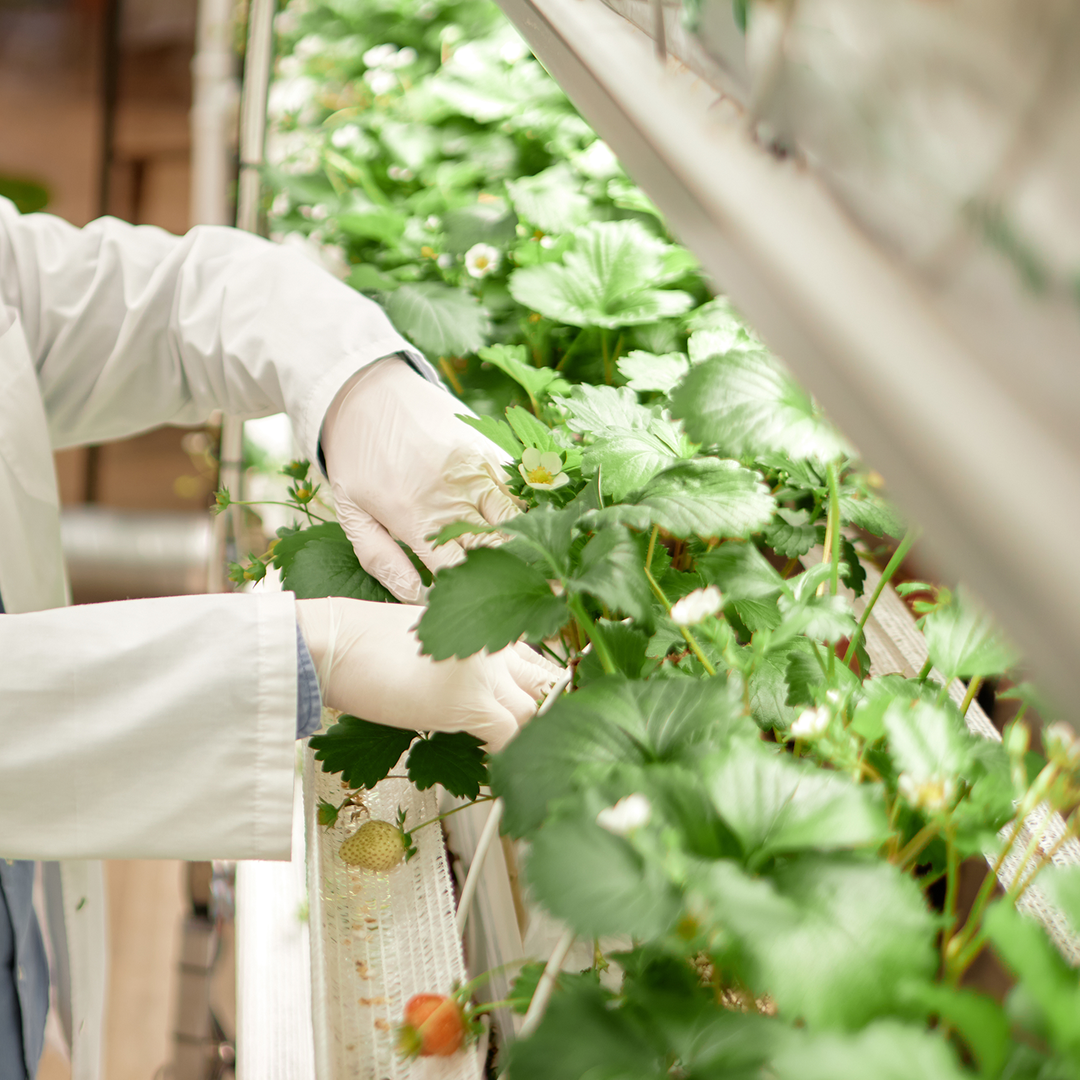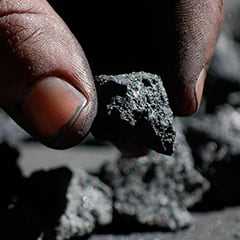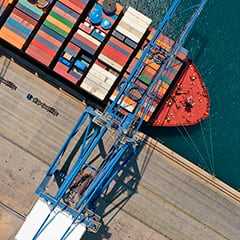EnviroMail 15 USA
EnviroMail 15 USA - Passive Sampling: A Cost-Effective Alternative to Traditional Sampling Methods
Social distancing is a phrase and practice that we all became familiar with in March 2020, with the arrival of the COVID-19 virus to the U.S. The idea is that by reducing the number of times we come into close contact with each other, we can all do our part to help slow the spread of the virus.
Sampling during a pandemic
As the coronavirus pandemic progressed into April, the EPA issued guidance halting field work at projects where social distancing is not possible or where local health officials had requested suspensions. As a result, many field activities were paused and sampling stopped.
Spring and summer are when many environmental scientists normally head into the field to collect data. With the pandemic, lockdown, and travel restrictions kicking in right as sampling would be ramping up many long-term monitoring situations experienced delays and disruptions, causing gaps in data. What if there was a way that sampling could continue, without putting people at risk?
A safe alternative to traditional sampling
Passive sampling of groundwater offers a cost-effective and socially distant alternative to traditional sampling methods. Passive diffusion samplers are devices containing analyte-free water that rely on diffusion of contaminants from groundwater. They are hung in monitoring wells, generally for a period of about 14 days, until equilibrium is reached between the contaminants in the device and the surrounding groundwater.
Passive diffusion samplers* eliminate the need for supplementary field staff, additional equipment, and the collection and disposal of purged water. Since they are easy for one person to use and deploy, they allow for compliance with social distancing practices – not to mention reduced labor costs. The simplicity in design and use of passive samplers extends to its utility and cost-effectiveness in the field. No additional parts are required, storage space is minimal, handling is easy, deployments and retrievals are fast and pouring into vials is sure and simple.
ALS manufactures and offers two types of passive sampling devices:
- Passive diffusion bags (PDBs)
- Rigid porous polyethylene samplers (RPPs)
PDBs have been in use for over 20 years at hundreds of monitoring sites, and are used to sample for volatile organic compounds. Wide acceptance and popularity of passive diffusion bags spurred ALS to partner with USGS to develop the RPP sampler, which are used when sampling for inorganic constituents and water-soluble organics. Both are great options for long-term monitoring situations.
The COVID-19 pandemic has shown us that the world has the capability to adapt to situations that are thrown at us. While passive sampling devices are not suited for every site and project, they offer environmental professionals another way to adapt to the new normal that the pandemic has brought about.
For more information about PDBs and RPPs, contact your ALS representative or email alsexperience@alsglobal.com.
*PDBs/RPPs, are not appropriate to every constituent/compound. Please check with your site-specific QAPPs, methodology, protocols, state regulations, regulatory permit etc., for determining applicability and data evaluation techniques prior to utilization of these samplers.
